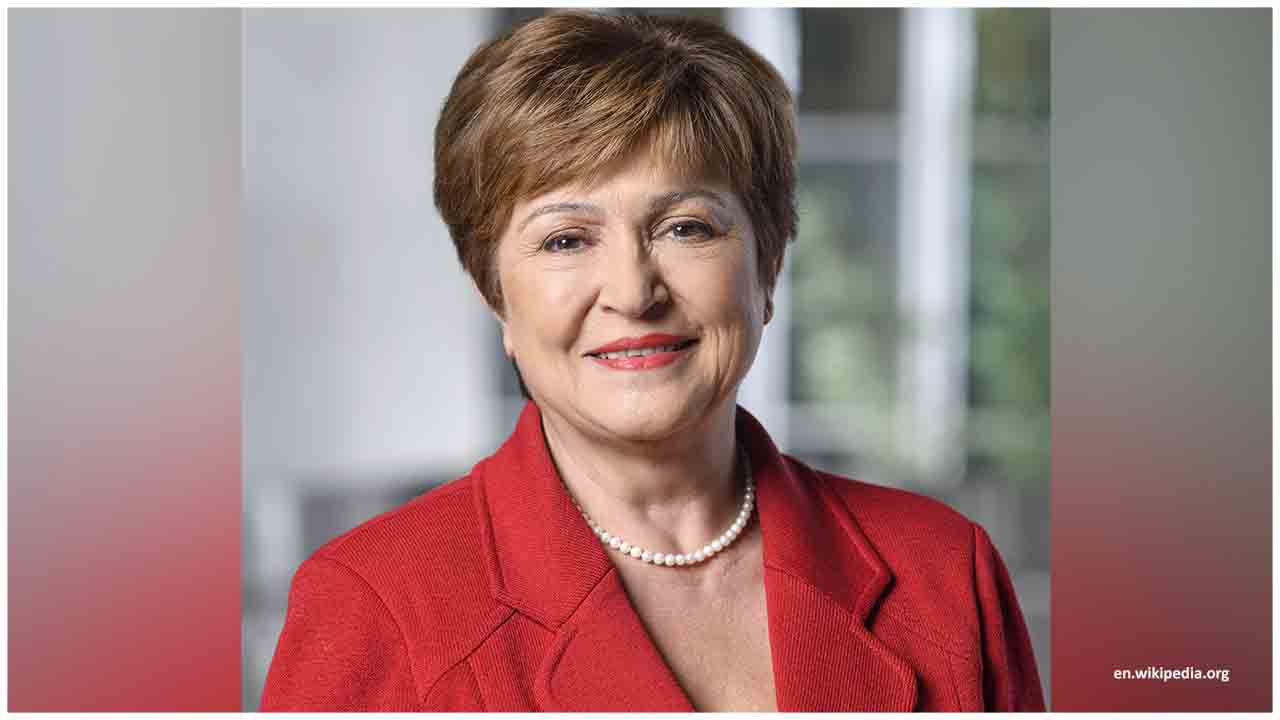In spite of certain indications of recuperation, the worldwide economy faces proceeded with difficulties, including the chance of a second flood of COVID-19, and governments should keep their help programs set up, IMF boss Kristalina Georgieva said Thursday.
Movement "has begun to bit by bit reinforce... Be that as it may, we are not free and clear yet," Georgieva said in a message to G20 account serves in front of their end of the week meeting in Saudi Arabia.
The Washington-based emergency bank toward the end of last month downsized its development figures, and now anticipates that worldwide GDP should fall by 4.9 percent this year because of the more profound compression during lockdowns than recently envisioned, and just a "lukewarm recuperation is normal for one year from now."
The $11 trillion in boost gave by the G20 countries assisted with forestalling a more terrible result, yet "these wellbeing nets must be kept up varying and, now and again, extended," Georgieva asked in a blog entry.
She featured measures including paid wiped out leave for low-pay families and access to human services and joblessness protection.
Be that as it may, the recuperation faces dangers, she stated, including the chance of "a second major worldwide flood of the ailment could prompt further interruptions."
While she recognized that the "generous and rising obligation levels are a genuine concern," Georgieva stated, "At this phase in the emergency, in any case, the expenses of untimely withdrawal are more noteworthy than proceeded with help where it is required."
Numerous nations have moved to revive, along these lines, "Obviously, we have entered another period of the emergency," she said in a blog entry, including it will require "further arrangement readiness and activity to make sure about a tough and shared recuperation."
Numerous occupations that have been lost in the midst of the pandemic may never return, so laborers will require backing and preparing to move into new divisions.
"Basically the pandemic is probably going to expand destitution and disparity," she said yet noticed that policymakers have "a once-in-a-century shot" at building a superior, greener, and progressively impartial world.

 Activity "has started to gradually strengthen... But we are not out of the woods yet," Kristalina Georgieva said in a message to G20 finance ministers
Activity "has started to gradually strengthen... But we are not out of the woods yet," Kristalina Georgieva said in a message to G20 finance ministers









.jpeg)


.jpg)






.jpeg)



.jpg)


.jpg)




.jpg)


